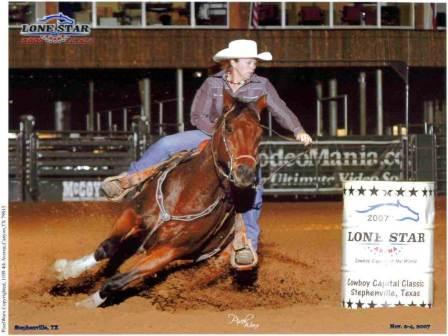Heat Exhaustion in Horses

Summer time is here and with it comes risk of overheating, heat exhaustion, or heat cramps for horses especially performance horses. The following situation comes from Nutrena Equine Specialist Jolene Wright, who owns and trains roping and barrel racing horses in Texas.
The temperatures had just started to get into the upper 90’s and I went out for my usual routine ride on one of my horses in training. I noticed after my ride and cooling him out that he began to get down and roll an hour or so after turning him back out and he was sweating. I had sprayed him off and cooled him out as usual, so I first thought colic since he was dropping down on the ground. As I got closer to his pen I saw his respiration was faster than it should be and I could see some of his muscles quivering. He was also very drawn up in his flank. I started to think maybe he has heat exhaustion.
I immediately got him out and began to spray his legs and chest to get his temperature down. I called the vet while I was spraying him and we went over his symptoms. My vet was also sure it was heat exhaustion, and recommended giving him 10 cc’s of banamine and continuing to spray him off for 30 minutes to get his temperature down. He also recommended not feeding him for the night and to give him plenty of water and keep him in a cool place.
After getting the banamine and spraying him for 30 minutes, he seemed to be much better. He was cooler and his temperature and respiration were back to normal. Then I set up some fans in a stall and moved him to the barn and gave him plenty of water. I monitored him throughout the night, and he stood behind the fans all night.
This was a good reminder that even after a ride and cooling a horse out that they can still actually be over heated or have heat exhaustion. My horse had seemed completely cooled out and seemed fine when I put him up. Luckily, I noticed him and his symptoms right away when I went back outside to check the horses.
Signs of Heat Exhaustion:
- Sweating
- Increased temperature
- Increased respiration
- Increased heart rate
- Dropping down to roll or throwing themselves on the ground
- Drawn up in the flank
- Muscles quivering
- Muscles tying up
If you aren’t familiar with what “normal” respiration and heart rates are for horses, check out our blog post on this topic. And if you suspect heat exhaustion in your horse, please call your vet immediately!
